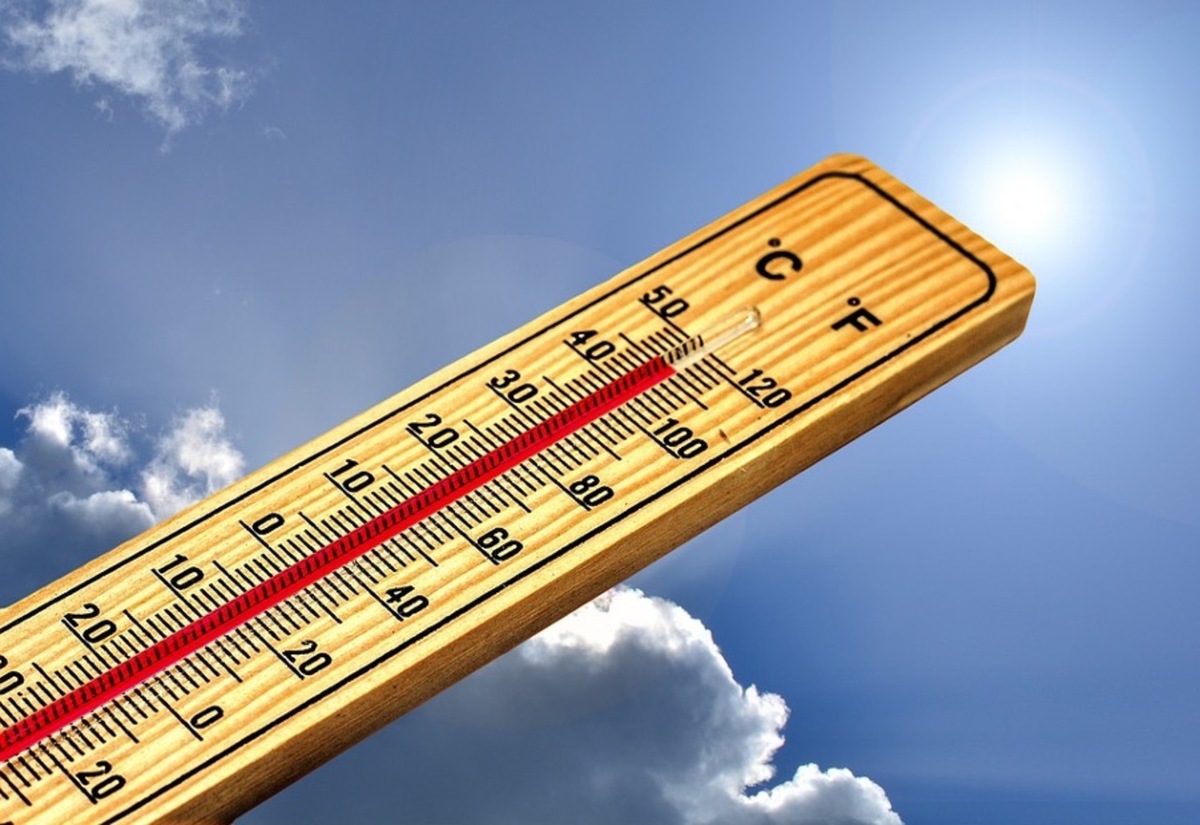Too hot to handle: how to survive the impending heatwave
Laura Williams
17 December 2021, 8:10 PM
 In some towns across the Western Plains, temperatures will climb above 40 degrees.
In some towns across the Western Plains, temperatures will climb above 40 degrees. The soaring temperatures coming into the weekend may give paddocks the opportunity they need to dry out, but health professionals are urging locals to be cautious as the heat sets in.
Up until now, with the exception of some outliers, the Western Plains has remained uncharacteristically cool as the Spring months merged into Summer, with the widespread rain warding off any traces of sun.
Western NSW Local Health District (WNSWLHD) Public Health Director Priscilla Stanley said that this weekend, however, temperatures are expected to reach upward of 40 degrees celsius.
“For a lot of the District, this appears to be our first real taste of summer and I encourage everyone to take the risk of heat-related illness very seriously,” Ms Stanley said.
This weekend, a high of 36 degrees is expected in Coonamble and Gilgandra, 37 degrees in Narromine, 35 degrees in Baradine, 39 degrees in Nyngan and Brewarrina, and 41 degrees in Bourke.
As part of precautionary measures, Ms Stanley urged people to stay indoors during the heat of the day, minimise physical activity and keep hydrated during the heatwave.
“Heat puts a lot of strain on the body and can cause dehydration, heat stress and heat stroke. It can also make underlying health conditions worse. People over 75, people with chronic medical conditions and people who live alone are particularly vulnerable,” Ms Stanley said.
“Conditions like these can cause serious illness, hospital admissions and even death. There is always potential that people with COVID-19 will need hospital care and we need our hospitals at full capacity so please, be careful in the heat,” she said.
While taking care of ourselves is a priority, animal and pet owners are encouraged to make an effort to ensure their pet’s safety as well, by ensuring they have access to water and shade throughout the day.
PetSafe Australia Hydration and Health Awareness Ambassador Tania Zaetta said that dogs need more water than humans to avoid dehydration.
“Most people are unaware that our pet’s body is made up of 80 per cent water, and humans are only 60 per cent water. Therefore, they need to drink more and more often than we do,” Ms Zaetta said.
Ms Stanley also said that reaching out and maintaining contact with elderly neighbours, friends and relatives who may be vulnerable to heat is another key way of keeping the community safe.
With harvest underway for many farmers around the region, the hot conditions create high-risk circumstances for harvesting to continue.
The NSW Rural Fire Service has issued Harvest Safety Alerts to regions across the state ahead of the weekend, urging landholders to stop and check weather conditions before deciding to continue, checking wind speed, temperature and relative humidity.
A RFS Grain Harvesting Guide is a free tool provided to help landholders check conditions and make the safest choice.
“Signs of heat-related illness include dizziness, tiredness, irritability, thirst, fainting, muscle pains or cramps, headache, changes in skin colour, rapid pulse, shallow breathing, vomiting and confusion. If symptoms occur, get to a cool place quickly,” Ms Stanley said.
People showing these signs should seek urgent medical attention, and call 000 in an emergency situation.